Before we discuss the things Elon Musk has invented, we must first understand that innovation is an iterative practice requiring creativity, problem-solving skills, and thinking outside the box. This nerve-wracking process requires resilience and an understanding that there will be a lot of inevitable failures or disappointments.
For instance, according to the Guinness World Record, Elon Musk holds the record for the most money lost by an individual. In 2021 alone, he lost between 180-200 billion dollars, primarily attributed to poor performance in Tesla stocks.
Mr. Musk is presently the richest person in the world, and it’s no wonder why. His ambitious projects have pushed the boundaries of technology and innovation for years. He’s the brains behind some of the most revolutionary and innovative scientific inventions globally.
From electric cars to reusable rockets and high-speed transportation, his inventions have earned him a reputation as one of the world’s most forward-thinking entrepreneurs. Here are the different things Elon Musk invented:
- Blastar Video Game — 1984
- Zip2 — 1995
- X.com — 1999
- SpaceX — 2002
- Tesla — 2004
- SolarCity — 2006
- Falcon 9 Rocket — 2010
- The Hyperloop — 2012
- The Tesla Powerwall — 2015
- OpenAI — 2015
- Neuralink — 2016
- The Boring Company — 2017
We’ll explore 12 of Elon Musk’s most mind-boggling inventions that portray him as a creative problem solver.
#1: Blastar — 1984
Elon Musk invented Blastar, a video game, in 1984 at 12. He was a passionate video game player and took inspiration from arcade games, which were popular in the 1980s. He later sold the source code to Office Tech and the computer magazine P.C. for $500.
Blastar is mainly a blend of Space Invaders and asteroids. The mission of the gamers is to destroy an alien freighter transporting dangerous hydrogen bombs and some deadly status beam machines. There are always, at most, two in-game ships on the screen. It has few sound effects and, like most games of the time, has no natural end.
#2: Zip2 — 1995
In 1995, Elon started the idea of a local business directory using computers. With his brother Kimbal Musk and a friend, Kouri, as partners, he acquired mapping software from Navteq, a provider of navigable electronic maps.
Musk wrote the code for the business directory Zip2. It provided a platform for online users to find businesses locally. He later expanded its listing by convincing big companies to pay for inclusion. He focused on selling software packages to newspapers like The New York Times.
In 1996, Mohr invested $3 million in the company in exchange for majority shares. It expanded to include other businesses in its online search directories but was exposed to leadership wrangles. In 1999, Compaq purchased Zip2 for $307 million, with Musk earning $22 million from the deal.
#3: X.com — 1999
Elon Musk, Chris Payne, Harris Fricker, and Ed Ho founded X.com (PayPal) in late 1999 as an electronic virtual payment bank. He envisioned creating an all-around online banking and investment site that performed everything traditional banks did, from insurance, bonds, lending, and checking accounts.
In addition to the initial $20 sign-up bonus, existing network members could earn an additional $10 by introducing new users. Furthermore, eligible users have access to fast financing services. Compared to its closest competitor, an online bank with 130,000 customers after the same time, the site only had roughly 100,000 customers after two months.
In 2000, X.com merged with PayPal, a fast-growing P2P services platform. In October 2002, eBay acquired PayPal for $1.5 billion.
#4: SpaceX — 2002
Space Exploration Technologies (SpaceX) is Elon Musk’s private space exploration company, and it is widely known as one of his most significant inventions. SpaceX was founded in 2002 to reduce the cost of space exploration and ultimately explore Mars. Elon believes that for humanity to survive, life has to be able to stay on multiple planets.
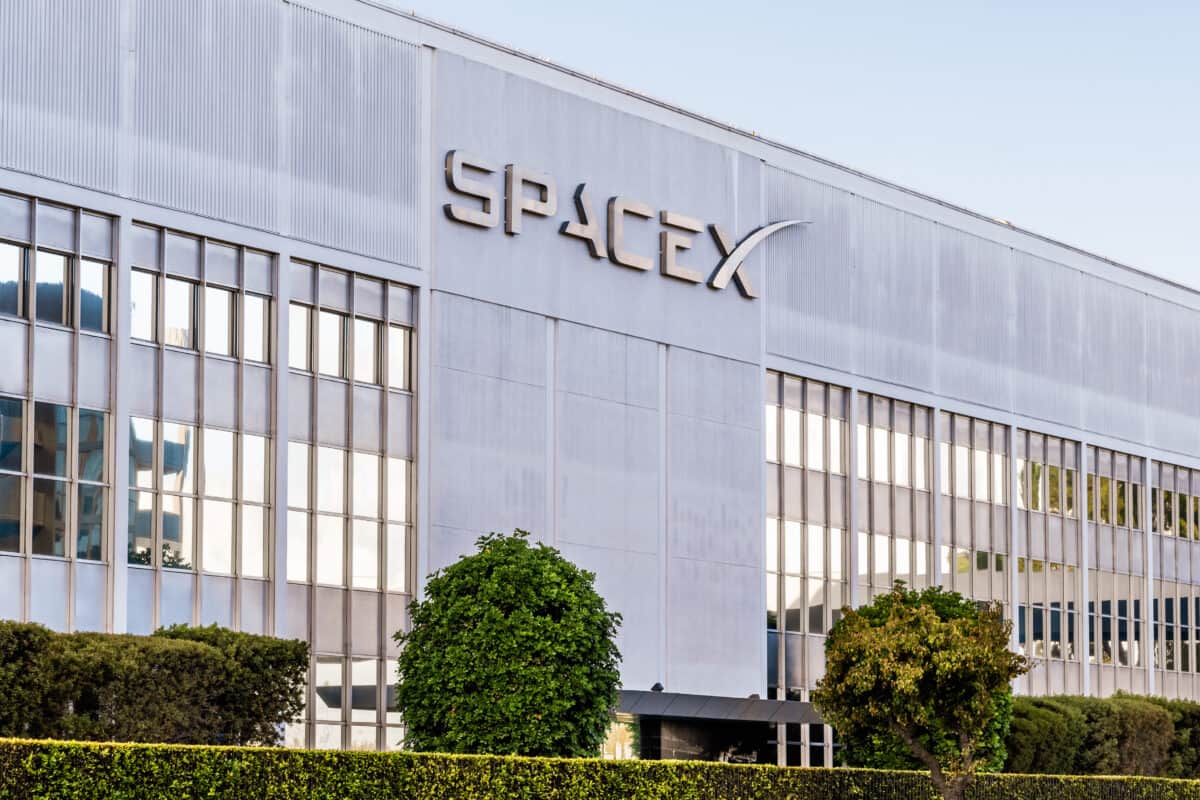
©Sundry Photography/Shutterstock.com
In 2006, the company launched its first rocket, the Falcon 1. Since then, they have made great strides in the commercial space industry, launching several successful missions to the International Space Station, developing reusable rockets, and, most recently, launching their first human spaceflight mission.
Two NASA astronauts completed a voyage to the International Space Station in May 2020. As it was the first time that a privately owned rocket, powered entirely by liquid fuel, propelled humans into space, this was a remarkable accomplishment.
SpaceX has also achieved other significant milestones, such as launching satellites for telecommunications companies and providing transportation services for astronauts to and from the International Space Station.
In the future, SpaceX plans to continue to work on more ambitious projects, like sending people to Mars and developing a new type of reusable rocket that could potentially revolutionize space exploration.
#5: Tesla — 2004
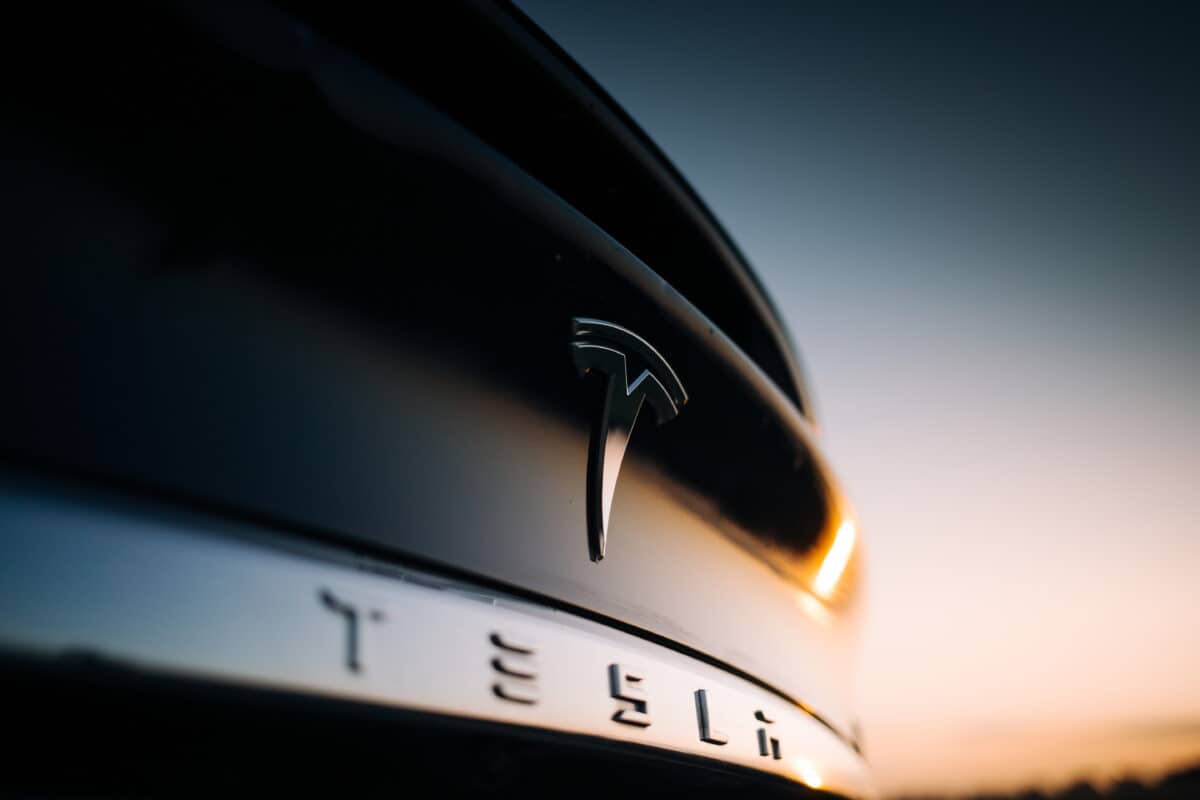
©BoJack/Shutterstock.com
Tesla Motors was incorporated in 2003 with co-founders Martin Eberhard and Marc Tarpenning, two renowned entrepreneurs. In 2004, Mr. Musk made a hefty investment in Tesla Motors, later named Tesla, Inc. Elon led in the designing, engineering, and manufacturing of Tesla’s EV prototype, the Roadster, as well as other inventions, such as battery and solar energy products.
Since then, the company has launched several EV models, including the Model S, 3, X, Y, the Roadster, and the Tesla Cybertruck. The Tesla Model 3 is one of the cheapest dual-motor AWD electric vehicles, although it’s a bit slower because it takes 5.6 seconds to get to 60 mph from 0mph.
The Roadster is an improvement to Tesla’s first vehicle, ‘The electric roadster,’ launched in 2008 to feature a better range (1000 miles) and offer advanced performance. It enhances the properties of aerodynamic engineering to make it one of the fastest and most expensive Tesla supercars in the world.
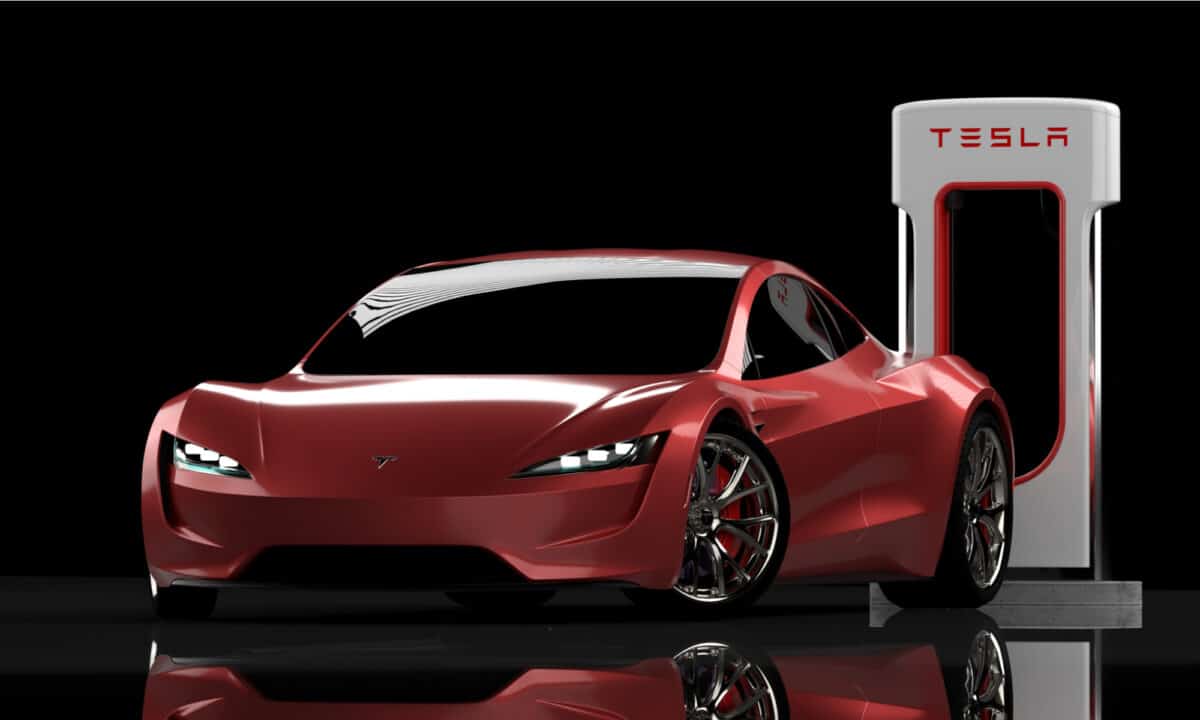
©Mike Mareen/Shutterstock.com
The Model S liftback vehicle is designed to enhance safety with advanced features such as automatic emergency braking. It also has a sturdy architecture for occupants’ safety and low rollover risk. The Model X mid-size SUV features a panoramic windshield, wing doors, and fast acceleration meant for use as a luxury vehicle.
The model Y SUV has advanced capabilities to maneuver in the rain, snow, mud, and off-road. It also offers better handling, high traction, and stability control. Elon Musk spearheads the company’s product design, engineering, and manufacturing of Li-ion batteries and solar energy products.
US-based Tesla has its headquarters in Austin, Texas. According to recent reports from January 2023 sales, the company is still leading in luxury car sales in the US.
#6: SolarCity — 2006
SolarCity Corporation is an American company headquartered in Fremont, California. It mainly designs, manufactures, and installs solar energy systems and provides energy efficiency services. It was founded in 2006 by two brothers, Peter and Lyndon Rive, Elon Musk’s cousins.
Musk suggested and financed the invention of affordable solar power for the general public. This is because he has always been enthusiastic about sustainable energy.
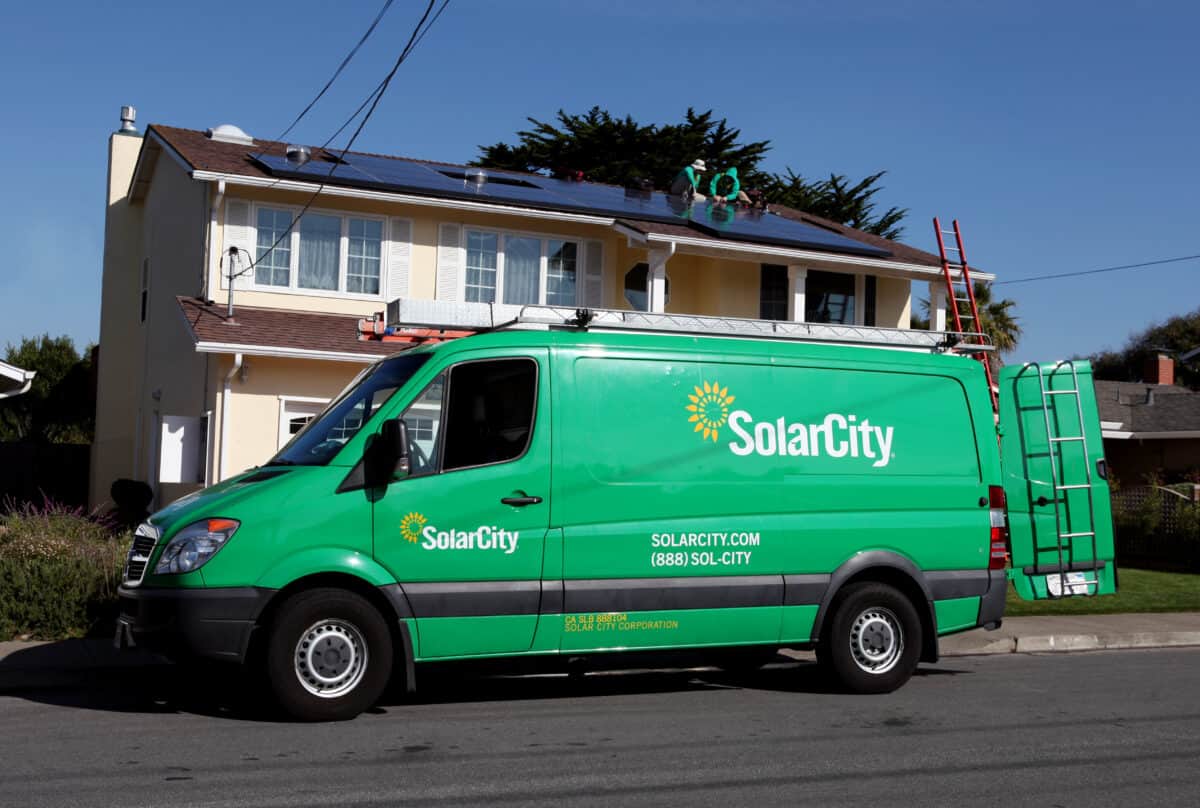
©Jennie Book/Shutterstock.com
The company is currently a leading provider of solar energy solutions in the US and serves over 30 states. SolarCity also offers energy efficiency services, such as energy assessments, appliance replacement programs, and insulation upgrades. SolarCity offers creative financing plans that make it easier for homeowners to afford solar systems.
In 2016, Tesla purchased SolarCity, and it’s now a subsidiary of the company under the name Tesla Solar. The company is presently working towards making sustainable energy accessible to everyone.
#7: Falcon 9 Rocket — 2010
Elon Musk’s Falcon 9 Rocket is a reusable rocket designed by his aerospace company, SpaceX. Designers created this rocket to facilitate the exploration of space and Mars. On June 4, 2010, SpaceX launched the Falcon 9 rocket, becoming the first to have an orbital-class reusable rocket.
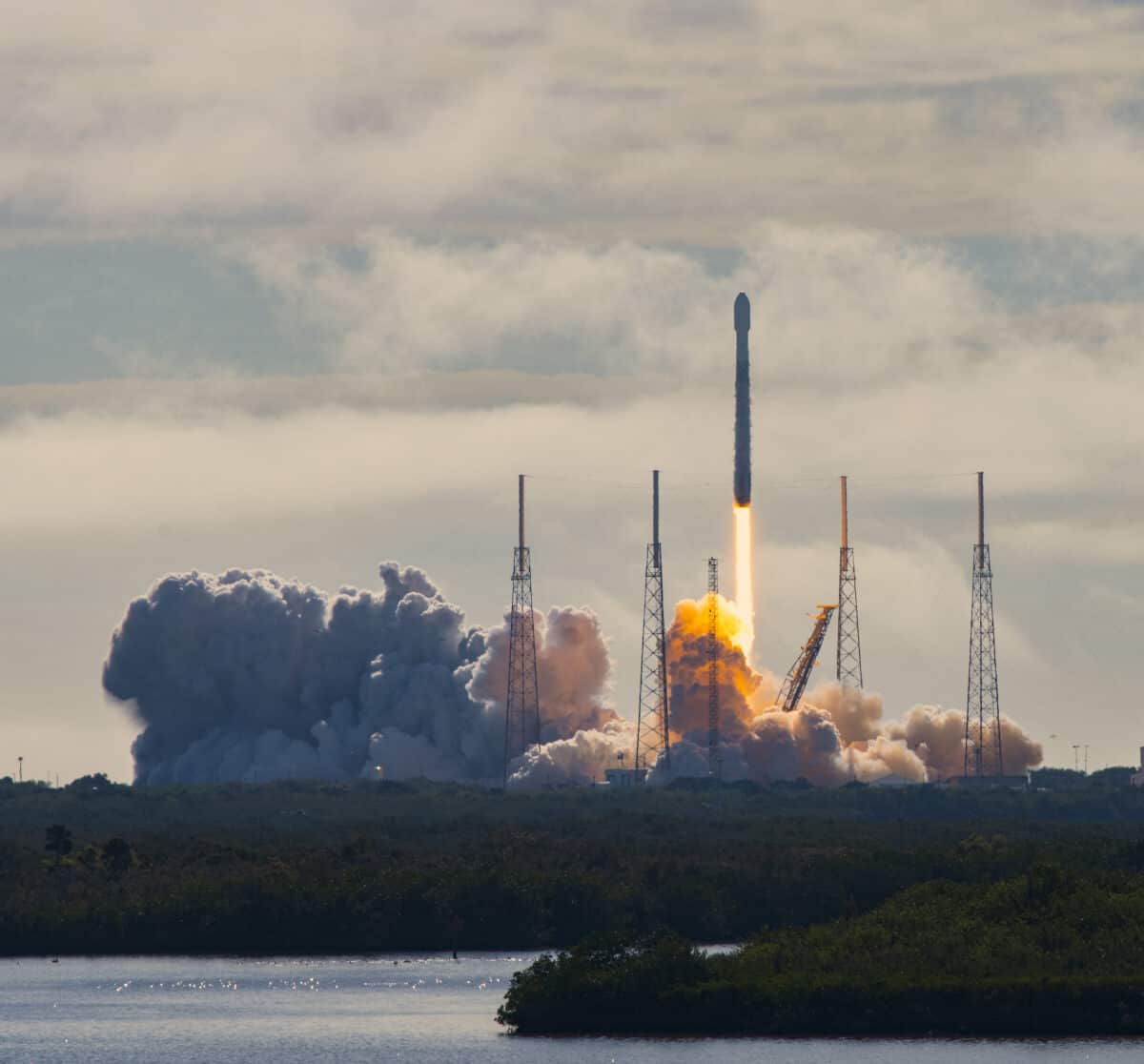
©iStock.com/Robert Michaud
It’s partially reusable, reduces space exploration costs, and is more accessible to private companies and individuals. SpaceX uses it for missions such as transporting supplies and cargo to the International Space Station. Additionally, the Falcon 9 has helped launch commercial satellites into orbit and launch payloads on missions to the Moon, Mars, and beyond.
The Falcon 9 rocket is designed to be highly reliable, efficient, and cost-friendly. It’s powered by nine Merlin engines, which produce a total thrust force of 1.7 million pounds. The rocket features an advanced guidance system that accurately reaches its target destinations.
#8: The Hyperloop — 2012
Elon Musk had a vision in 2012 for the Hyperloop Alpha to create a safe and high-speed transport system between cities. Elon Musk invented the Hyperloop Alpha idea through a Tweet. He has criticized California’s high-speed rail and claimed it’s a slow and distasteful means of transport.
This transport system has three main components: pods, terminals, and tubes. It will be designed to propel passengers in pods through a near-vacuum environment at speeds exceeding 700 mph.
The Hyperloop system will cut travel time, making it much more efficient than cars and high-speed trains. An electric motor drives the pods as they move along inside a low-pressure tube. These motors create a magnetic field that helps reduce friction and, thus, increases the pod’s speed.
The system also features an emergency braking system and various sensors to detect environmental changes. It will carry up to 28 passengers, each paying about $40.
Several investors, including SpaceX, back the project, and the first demos have already been conducted. The Hyperloop transport could reduce the six-hour trip from San Francisco to Los Angeles to only 30 minutes. The Hyperloop is still in its early stages, but Elon Musk’s vision and commitment to making it possible could be the next evolutionary step in transportation.
#9: The Tesla Powerwall — 2015
Elon Musk’s Tesla Powerwall is an integrated Li-ion battery system for renewable energy storage. This home battery system stores solar and electric energy and is a backup power source for homes or businesses during a power outage.
The integrated inverter of the Tesla Powerwall allows it to be installed indoors or outdoors and address residential and commercial needs, providing a power source tailored to personal needs. The Tesla Powerwall offers several advantages. It’s effortless to install, although it has to be done by a Tesla-certified installer to ensure high efficiency.
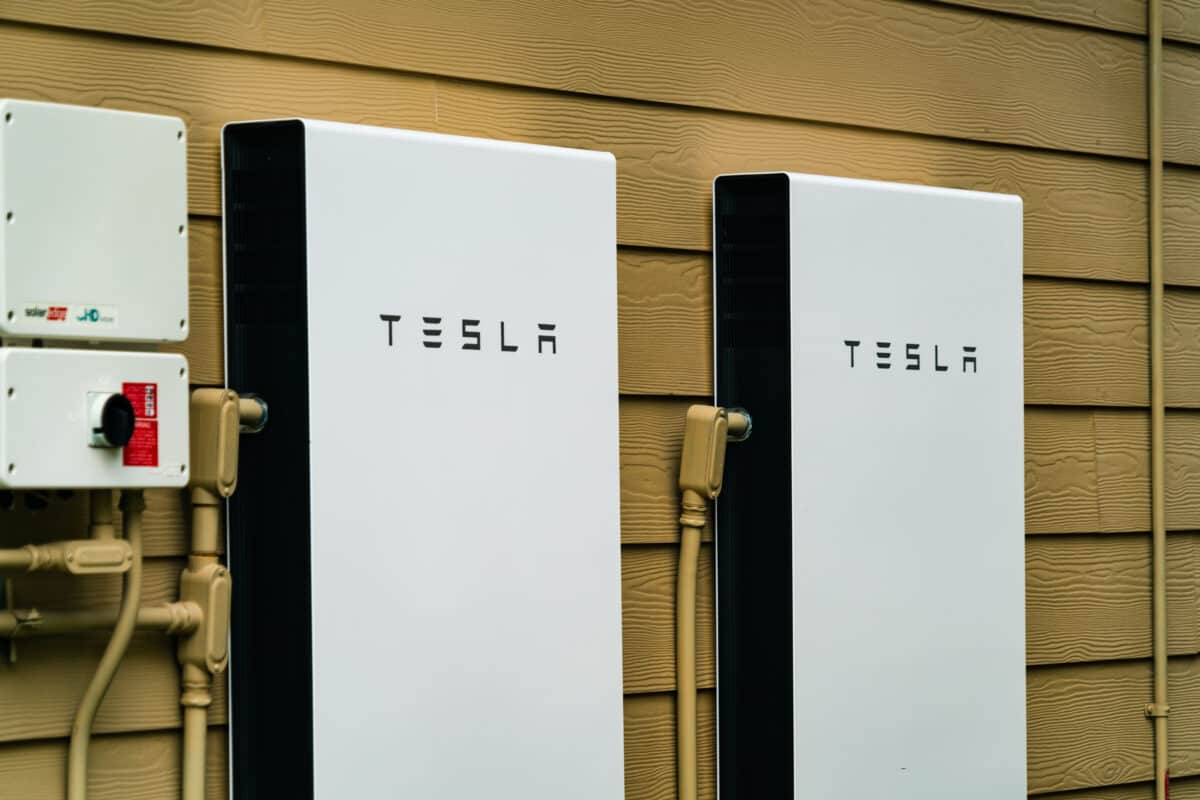
©Roschetzky Photography/Shutterstock.com
Additionally, this system requires little to no maintenance. You’re only required to keep it free from debris. Its Li-ion batteries are durable, as they last for about a decade. Moreover, this Powerwall offers an off-grid solution. Hence, you can disconnect from the traditional electricity grid and still have a dependable power source in the case of an emergency or a power outage.
You can also save money on your electric bills by using the solar energy stored in your Powerwall to reduce your dependence on the grid. Overall, Tesla’s Powerwall is a revolutionary product changing how we view energy storage. It’s an exciting step towards powering our homes with clean, sustainable energy sources.
#10: OpenAI — 2015
OpenAI is an American philanthropic AI research lab. Elon Musk, Olivier Grabias, Reid Hoffman, and Sam Altman, among others, founded OpenAI in 2015. OpenAI’s primary task is to develop social artificial general intelligence (AGI).
The company’s research team is focused on developing self-improving algorithms, agent-based technologies, and large-scale unsupervised learning systems to create artificially intelligent machines that can think and behave like humans.

©CHUAN CHUAN/Shutterstock.com
OpenAI has developed several successful projects and initiatives, such as OpenAI Gym and Universe, which are toolkits that aim to make AI better. OpenAI’s most ambitious project has been creating a human-level AI system, GPT-3.
GPT-3 is a natural language model trained on over 45 terabytes of text and can generate realistic, human-like text with minimal help. OpenAI also has a research lab in San Francisco that deals with developing projects related to AGI, robotics, and machine learning.
#11: Neuralink — 2016
In partnership with a team of seven scientists and engineers, Elon Musk launched his latest invention, Neuralink, a gadget connecting the human brain to computers. It is a chip-sized device embedded in the skull with electrodes that reach the brain.
Neuralink could control robotic prosthetic limbs, help treat brain injuries and diseases, and help us access the internet using our thoughts. Additionally, this chip will allow paralyzed people to operate their smartphones faster than people with both thumbs. However, U.S. regulators rejected Mr. Musk’s bid to test this chip on human brains due to possible safety risks.
Although the potential positive implications of Neuralink are exciting, there are many questions about how safe it is. Presently, there are concerns about the long-term ramifications of the device on the human brain, as well as the ethical implications of connecting a person’s brain directly to a computer.
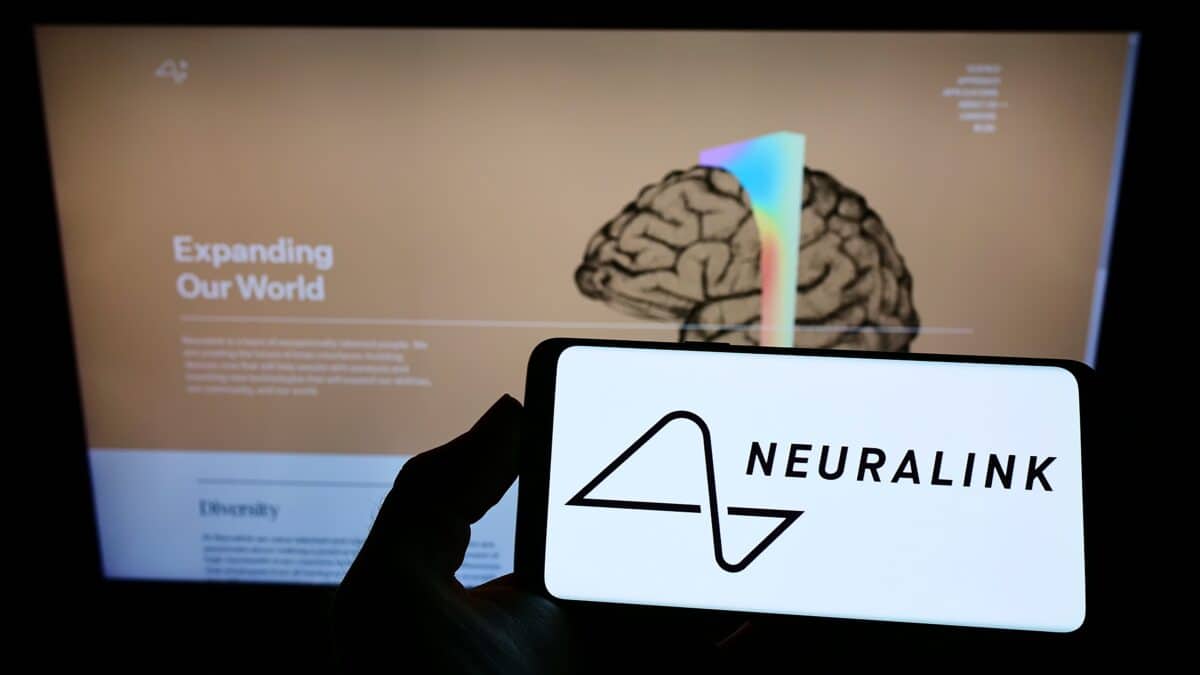
©T. Schneider/Shutterstock.com
It has already been tested on pigs and monkeys after successfully linking their brains with a computer, which allowed them to use their snouts to maintain a game. This test showed that Neuralink could read a pig’s brain signals, allowing it to control its environment with brain waves.
They also tried the chip on monkeys, although some 15 of them out of 17 reportedly died during the testing process. The company claimed that the monkeys could play Pong PC games with their minds. Neuralink has potentially enormous implications for medical applications, allowing for great control over specific conditions and diseases.
In persons with Parkinson’s disease, for instance, it may alleviate dyskinesia. The possibility that Neuralink could help its users learn new skills has piqued public interest. Neuralink is a pioneering project that could improve medical treatments, human knowledge, and technology. This invention could allow us to control technology with our brains.
#12: The Boring Company — 2017
The Boring Company was first unveiled via a tweet, much like many of Elon Musk’s most controversial concepts. The Boring Company aims to eliminate traffic in major cities by enhancing boring tunnel technology and creating a fully electric and autonomous transportation system that functions effectively within tunnels.
A month later, The Boring Company began construction by excavating a trial tunnel on SpaceX’s property. Musk allegedly said, “Let’s start today to determine the largest hole we can dig from now to Sunday afternoon, working 24 hours a day,” at the start of the test dig on a Friday afternoon. By the end of that time, The Boring Company had created a hole that was 15 feet deep and 50 feet wide.
Conclusion
Elon Reeve Musk is a genius and has always been one, even at a tender age. He deserves all the credit and success for his mind-blowing futuristic inventions, and he does not seem to be slowing down anytime soon.
If you have noticed a trend, he focuses all his inventions on humans, addressing real-world problems and promoting sustainability as the global population grows and pollution increases. His ambitious, world-changing plans show that everything is capable of becoming a reality.
Elon Musk in the News
Elon Musk is one of the most talked-about people in the world. When he’s not making headlines for his business ventures, he’s in the news for his outspoken personality and controversial “tweets.” Speaking of tweets, on October 27, 2022, Musk closed a $44 billion deal to acquire Twitter and immediately began cleaning house by firing four top executives, including the chief executive and chief financial officer.
Another newsworthy action included laying off approximately 200 Tesla employees in June of 2022 due to supply chain disruptions and rising inflation.
These are just two of many recent Musk-related headlines. It will be interesting to see what he does next and how his innovations continue to shape the world.
Up Next
- How Did Elon Musk Make his Money Actually?
- How Long Does A Tesla Battery Last, Actually?
- Ford is Reportedly Working on a $3.5 Billion Battery Plant in Michigan